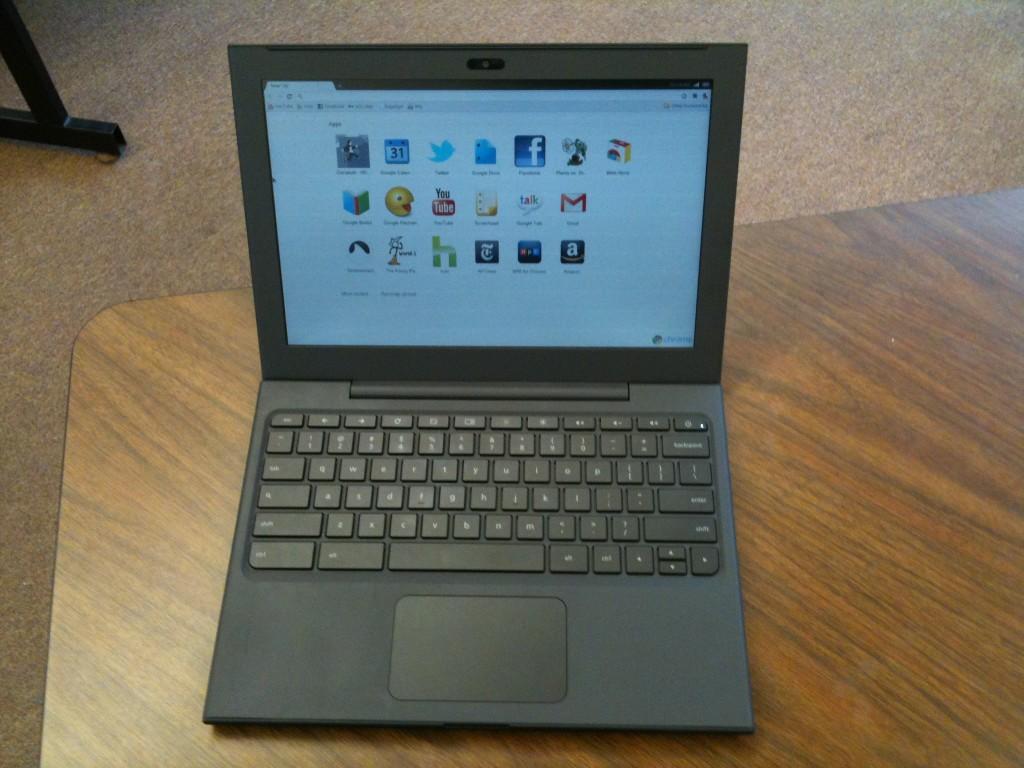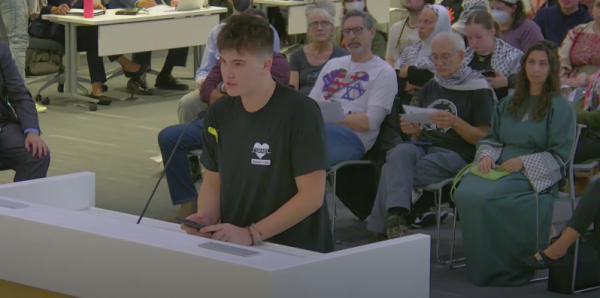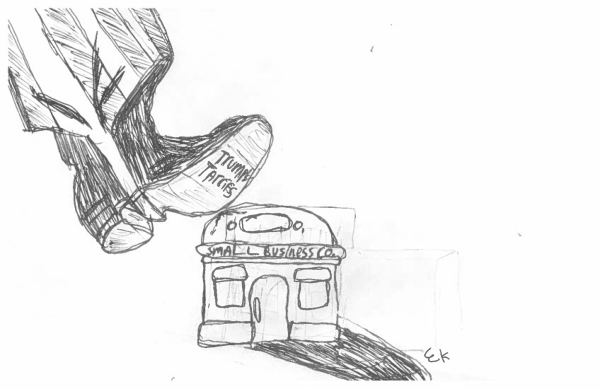Don’t Let Technology Control Your Life
Texting is a common occurrence in the halls of BHS, and I’ll readily admit that I also do it from time to time. However, many teens today have blurred the line between using technology for good and for detriment. Technology isn’t improving your life if you use it incorrectly or in excess.
Cell phones are a wonderful invention that make it easy for me to talk to my friends who live hundreds of miles away. However, texting or even talking on the phone while driving is probably not the best use of your phone. Neither is texting or Snapchatting other people while you’re hanging out with friends, instead of devoting your attention to people who are actually there.
I am of the school of thought that people should generally be allowed to do whatever they want, provided it doesn’t bother anyone else. But too often, our technology use does affect others, as in a class I took last year that I’m still trying to pretend never happened.
When I first came in to the class, I never would have dreamt of using my phone or iPod there. However, almost every single other person in my class decided that both Candy Crush and texting were more important than the lesson.
Having everyone around me on some sort of electronic device was distracting enough, but someone who sat in front of me was constantly playing the game on his laptop. I found it very hard to concentrate. It was not a fun class.
Besides being a distraction in class, technology is also a distractor from sleep. According to the Huffington Post, “Artificial light exposure between dusk and the time we go to bed at night suppresses release of the sleep-promoting hormone melatonin, [which] enhances alertness and shifts circadian rhythms to a later hour, making it more difficult to fall asleep.”
This includes any sort of screen, be it a TV, computer, or cell phone: preventing the development of melatonin, the hormone that makes you sleepy. Many experts, including Charles Czeisler, a member of the task force in this study, recommends that you find some way to extricate yourself from all the wonders of cyberspace, TV shows, and other means of digital communication, anywhere from 30 minutes to an hour before going to bed. While I have attempted that, I’ll admit that it’s very difficult. You’re stuck between a rock and a hard place–should you waste an hour on StumbleUpon and then do homework? But you still don’t want clicking ‘save’ on an essay to be the last thing you do before bed. Nor do you want to be working until the moment you fall asleep. So do you do homework and then waste even more time on Tumblr? You need to chill out before starting homework, obviously. It’s quite the quandary. Unfortunately, using your iPad to Google it won’t help much.
What’s even worse than technology being a distraction from sleep or from focusing in class, is when technology becomes an integral part of class. Nearly every teacher at both the middle and high school seems to assume that every student knows how to edit video and sound footage, and can do it within a day or two. Those of us who haven’t lived our entire lives in the Beachwood school district are not used to doing so many video projects, WebAssign, and having to look for homework on Blackboard, instead of teachers going old school and simply handing it to us. When the technological part of an assignment becomes more important than learning the content, that is when technology truly becomes a problem.
Don’t get me wrong, I enjoy many benefits of modern technology. Writing my column on my ChromeBook is infinitely easier than using a typewriter, and I have no idea how I’d keep in touch with my friends or family without my phone. However, when we can’t draw a line between using technology as a helpful tool and letting it control our lives, we know we have let our constant need for “improvement” go too far.












